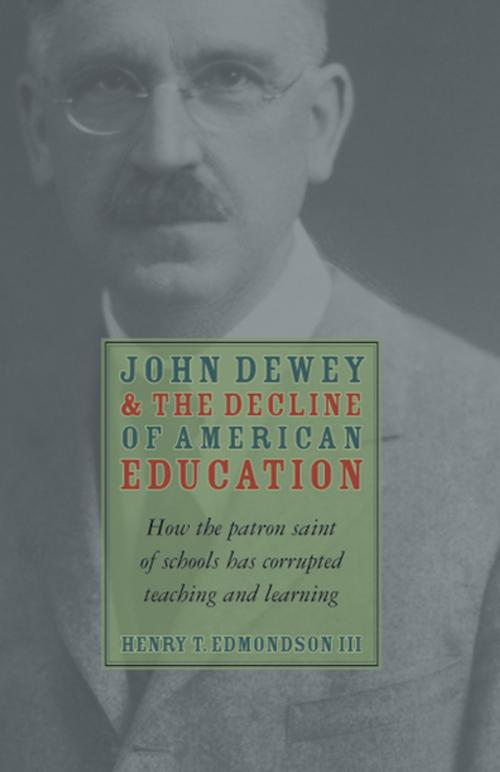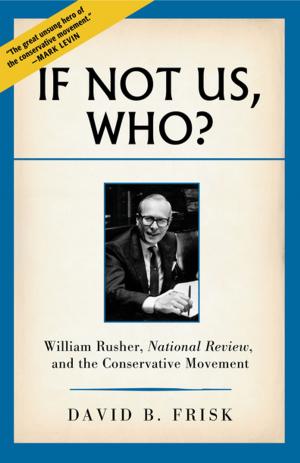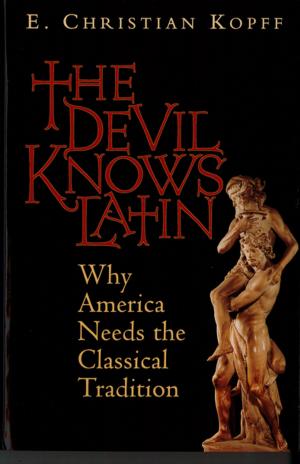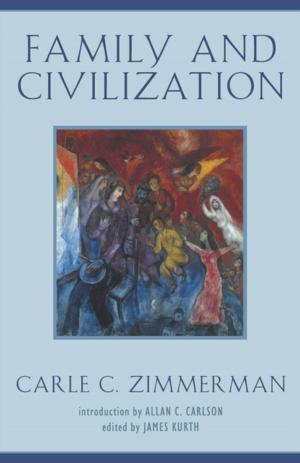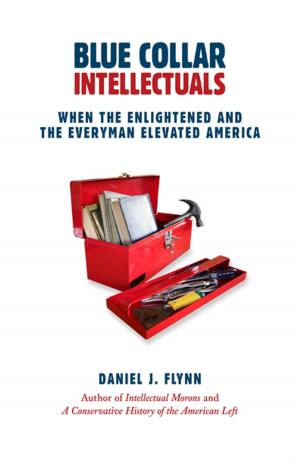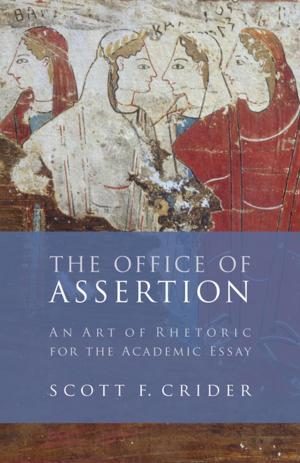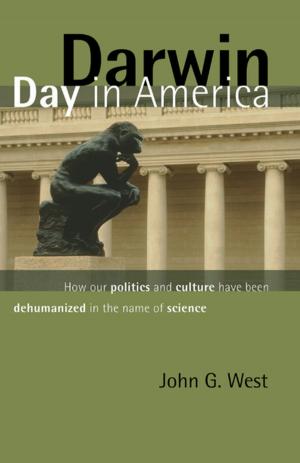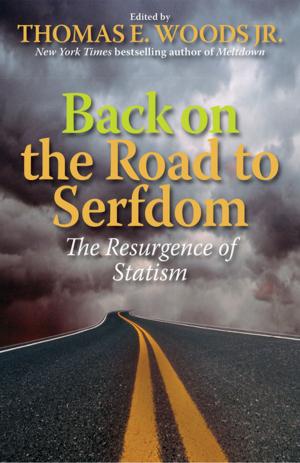John Dewey and the Decline of American Education
Nonfiction, Reference & Language, Education & Teaching, History| Author: | Henry Edmondson III | ISBN: | 9781497648920 |
| Publisher: | Intercollegiate Studies Institute (ORD) | Publication: | May 13, 2014 |
| Imprint: | Intercollegiate Studies Institute | Language: | English |
| Author: | Henry Edmondson III |
| ISBN: | 9781497648920 |
| Publisher: | Intercollegiate Studies Institute (ORD) |
| Publication: | May 13, 2014 |
| Imprint: | Intercollegiate Studies Institute |
| Language: | English |
The influence of John Dewey’s undeniably pervasive ideas on the course of American education during the last half-century has been celebrated in some quarters and decried in others. But Dewey’s writings themselves have not often been analyzed in a sustained way. In John Dewey and the Decline of American Education, Hank Edmondson takes up that task. He begins with an account of the startling authority with which Dewey’s fundamental principles have been—and continue to be—received within the U.S. educational establishment. Edmondson then shows how revolutionary these principles are in light of the classical and Christian traditions. Finally, he persuasively demonstrates that Dewey has had an insidious effect on American democracy through the baneful impact his core ideas have had in our nation’s classrooms.
Few people are pleased with the performance of our public schools. Eschewing polemic in favor of understanding, Edmondson’s study of the “patron saint” of those schools sheds much-needed light on both the ideas that bear much responsibility for their decline and the alternative principles that could spur their recovery.
The influence of John Dewey’s undeniably pervasive ideas on the course of American education during the last half-century has been celebrated in some quarters and decried in others. But Dewey’s writings themselves have not often been analyzed in a sustained way. In John Dewey and the Decline of American Education, Hank Edmondson takes up that task. He begins with an account of the startling authority with which Dewey’s fundamental principles have been—and continue to be—received within the U.S. educational establishment. Edmondson then shows how revolutionary these principles are in light of the classical and Christian traditions. Finally, he persuasively demonstrates that Dewey has had an insidious effect on American democracy through the baneful impact his core ideas have had in our nation’s classrooms.
Few people are pleased with the performance of our public schools. Eschewing polemic in favor of understanding, Edmondson’s study of the “patron saint” of those schools sheds much-needed light on both the ideas that bear much responsibility for their decline and the alternative principles that could spur their recovery.
